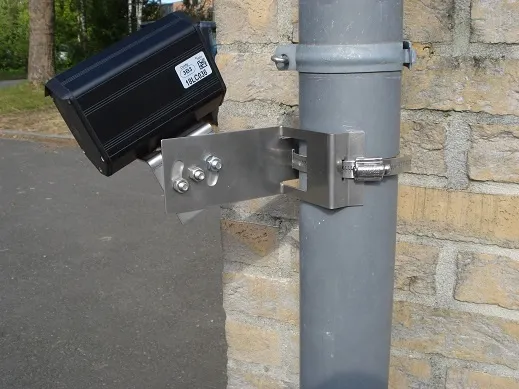California-based
Vigilant launch LEP solution to help parking agencies collect fines
California-based Vigilant Solutions has launched a licence plate-enabled parking (LEP) enforcement solution that uses vehicle location data to assist parking agencies in enforcing policies and collecting outstanding fines. The platform is coupled with the company’s commercial data network to help parking enforcement work more efficiently with local police officers to address violations involving on-street and off-street lots. Vigiliant’s LEP device is said to offer access to open application programming
June 27, 2018
Read time: 1 min









